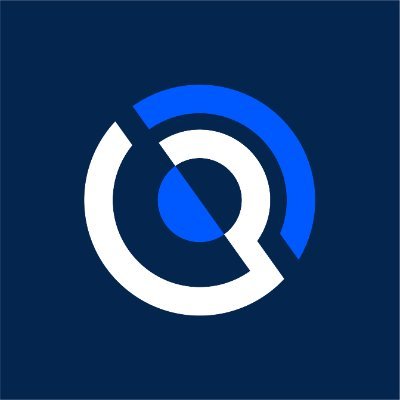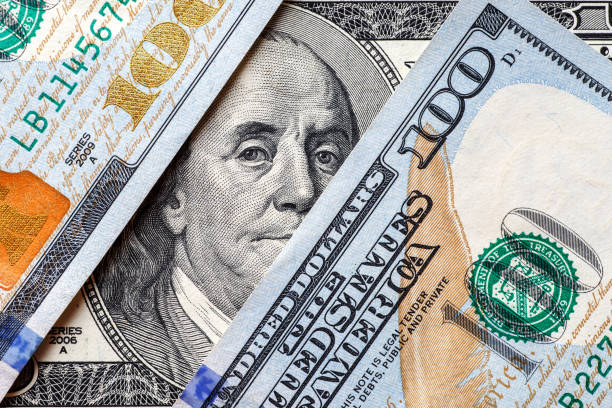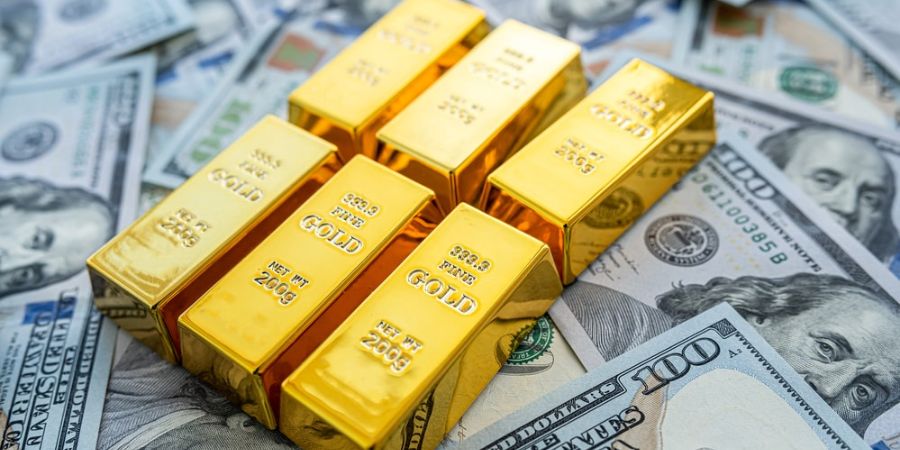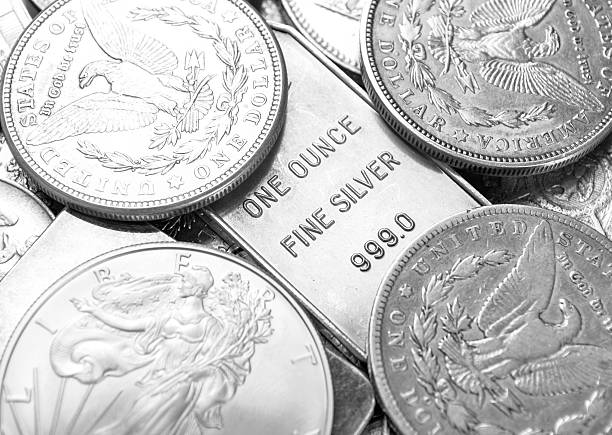India urges BRICS to tackle trade deficits

India told the BRICS bloc on Monday that it wants trade gaps fixed fast, especially with countries inside the group.
External Affairs Minister S. Jaishankar said, “Our biggest trade deficits are with BRICS partners,” during a virtual summit that didn’t include Prime Minister Modi, who had just returned from the Shanghai Cooperation Organization summit in China.
That visit was seen as a signal that India might be warming up to Beijing, even while tensions with Washington grow.
While India pushed for economic correction, the rest of the BRICS countries didn’t hold back either. Brazil, which hosted the meeting, called the U.S. tariffs “blackmail.”
Trump’s tariffs have slammed both countries with taxes as high as 50%, far worse than the 30% he slapped on Chinese products. The BRICS bloc, which includes Brazil, Russia, India, China, and South Africa, has been accused by Trump of running “anti-American policies.”
Jaishankar calls out trade imbalance with BRICS nations
India said that the trade gap with China is getting out of control, as India’s trade deficit with Beijing hit $99.21 billion, an all-time high. Moreover, Chinese customs data released on Monday shows China scored a $77.7 billion surplus with India just by August, up 16% from last year.
Imports from China keep going up, and New Delhi isn’t thrilled. “The BRICS itself can set an example by reviewing trade flows among its member states,” Jaishankar said. He also made it clear that India has been demanding “expeditious solutions” to fix these one-sided trade numbers.
The story is the same with Russia. India’s trade with Moscow hit $68.7 billion this fiscal year, and most of that is driven by oil imports. But that number comes with a catch—India ran a $59 billion deficit in that deal too.
This isn’t just about numbers. India’s message to BRICS was political too. Unlike China and Russia, who see BRICS as a power group to challenge the West, India views it as mainly an economic network. According to Chietigj Bajpaee from Chatham House, India wants business solutions, not geopolitical drama.
But China had its own message. Xi Jinping didn’t name the U.S. directly but warned about “hegemonism, unilateralism, and protectionism.” He said trade wars like this “severely disrupt the world economy and undermine international trade rules.” He pushed BRICS to stand together and resist rising tariffs globally.
U.S. tariffs hit India harder than China as talks stall
The India-U.S. situation keeps getting messier. Trump’s team has thrown a brutal 50% tariff on Indian goods, far above the 30% applied to China. That’s triggered serious tension between Washington and New Delhi. Talks between the two have stalled.
Why? The U.S. wants India to stop buying oil from Russia and open up sensitive sectors like agriculture and dairy, but India says the pressure is unfair.
Trump recently claimed India offered to drop tariffs on American goods to zero. But he brushed it off, saying it came “too late” in negotiations. That’s despite India saying it was still willing to talk.
Even with all the finger-pointing, Trump tried to calm things down. From the Oval Office, he said the U.S. and India have a “special relationship” and added there’s “nothing to worry.” He called Modi a “great prime minister.” Modi responded on X (formerly Twitter), writing, “deeply appreciate and fully reciprocate President Trump’s sentiments and positive assessment of our ties.”
Chietigj Bajpaee didn’t ignore the diplomacy but said it doesn’t erase the underlying problems. He said those friendly comments show the relationship still has strong bones, even if the surface is bruised.
India still sees the U.S. as a key player in tech, defense, and strategy, and Washington sees India as a counter to China’s rise.
Your crypto news deserves attention - KEY Difference Wire puts you on 250 top sites







